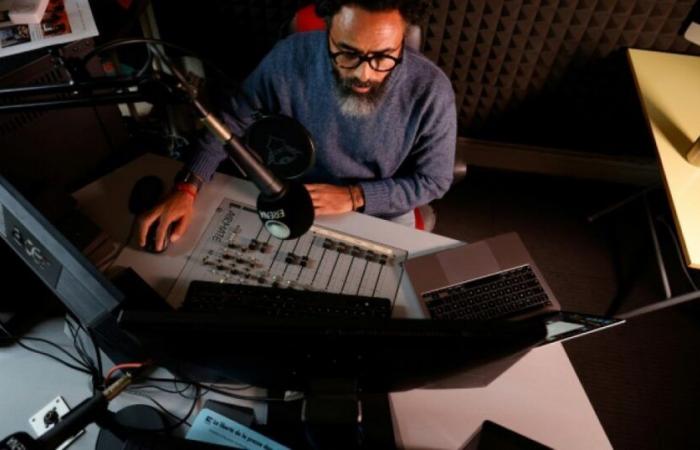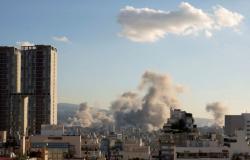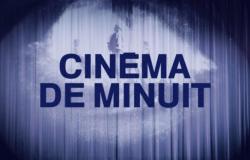From a tiny studio nestled in a Paris apartment, the waves of Radio Erena fly. The only independent media accessible in this information black hole that is Eritrea, it could however disappear, due to lack of funding, after 15 years of existence.
Every day, Radio Erena, which means “Radio our Eritrea” in Tigrina, evokes, in this language as well as in Arabic, life as it is in this country described as the “North Korea” of Africa.
Politics, freedom of expression or security… so many subjects addressed by a network of correspondents based outside the country, freed from the censorship of a State ruled with an iron fist by Issaias Afeworki since his declaration of independence from Ethiopia in 1993, after three decades of war.
“In 2001, the Eritrean government decided to close all private media. Since then, only the voice of the state has been heard, mainly propaganda,” points out Amanuel Ghimaï Bhata, journalist and editor-in-chief of Radio Erena.
A handful of media outlets are trying to resist by broadcasting from abroad, the vast majority linked to Eritrean political movements. Radio Erena is the only one of them to be “independent and apolitical”, according to its management.
If the number of its listeners remains difficult to estimate, as access to the country is limited, the German foundation Deutsche Welle Akademie estimated in 2017 that “520,000 people in Eritrea listen to the radio (Erena) at least once a week”.
– “Not a word” –
Eritreans want to know “what is happening on the other side of the world”, as well as “outside their borders”, notably in northern Ethiopia where their army fought alongside Ethiopian federal forces against rebel groups in Tigray, explains Amanuel Ghimaï Bhata.
But while Eritrean soldiers still remain in this region, where hundreds of thousands of people have died and a million others have been displaced in two years of conflict (2020-2022), “the Eritrean government is not saying not a word,” he sighs.
State media give “a completely illusory image of Eritrea, suggesting that everything is still fine”, observes Marc Lavergne, research director at the French National Center for Scientific Research (CNRS) and specialist in the Horn of Africa. 'Africa. “Press freedom is non-existent in Eritrea. Only North Korea is at the same level.”
The NGO Reporters Without Borders (RSF) estimates that Asmara even manages to do worse than Pyongyang, 177th country out of 180 in its ranking of press freedom in the world. Last place goes to Eritrea, described as “the first prison in sub-Saharan Africa for journalists” by RSF.
In this “extremely well-locked totalitarian system”, “only a handful of people loyal to Issaias Afeworki's regime have access to the outside world, the internet and the international press”, comments Marc Lavergne.
– Bubble of freedom –
Radio Erena therefore acts as a bubble of freedom in a media landscape completely under control. Not without difficulties.
In 2012, accused of having “incited her listeners to acts of violence against representatives of the Eritrean government”, she was suspended, as RSF documented at the time. “We couldn’t broadcast for almost eight months,” remembers Amanuel Ghimaï Bhata.
The exiled journalist, who left Eritrea in 2009 after working for several years at the Ministry of Information, where he says he was forced to submit to the “propaganda machine”, reports “numerous threats” more recent.
Maxence Peniguet, director of operations of the association supervising Radio Erena, founded in 2009 with the support of RSF, lists in particular cyberattacks perpetrated by “tens of thousands of robots which come to visit the site to create overheating of the hosting “.
But the fear is mainly financial. The funds currently allocated by private patrons, American and European NGOs, are no longer sufficient to cover radio costs. And convincing institutional donors is “very complicated” due to the context of widespread “crises”, he specifies.
In one year, the Radio Erena team went from six to three people, including two experienced journalists, refugees in France after fleeing Eritrea.
Without new financial partners, “we will have lost almost half of our budget for 2025”, regrets Mr. Peniguet, who fears that the voice of Radio Erena “will die out in a few months”.






